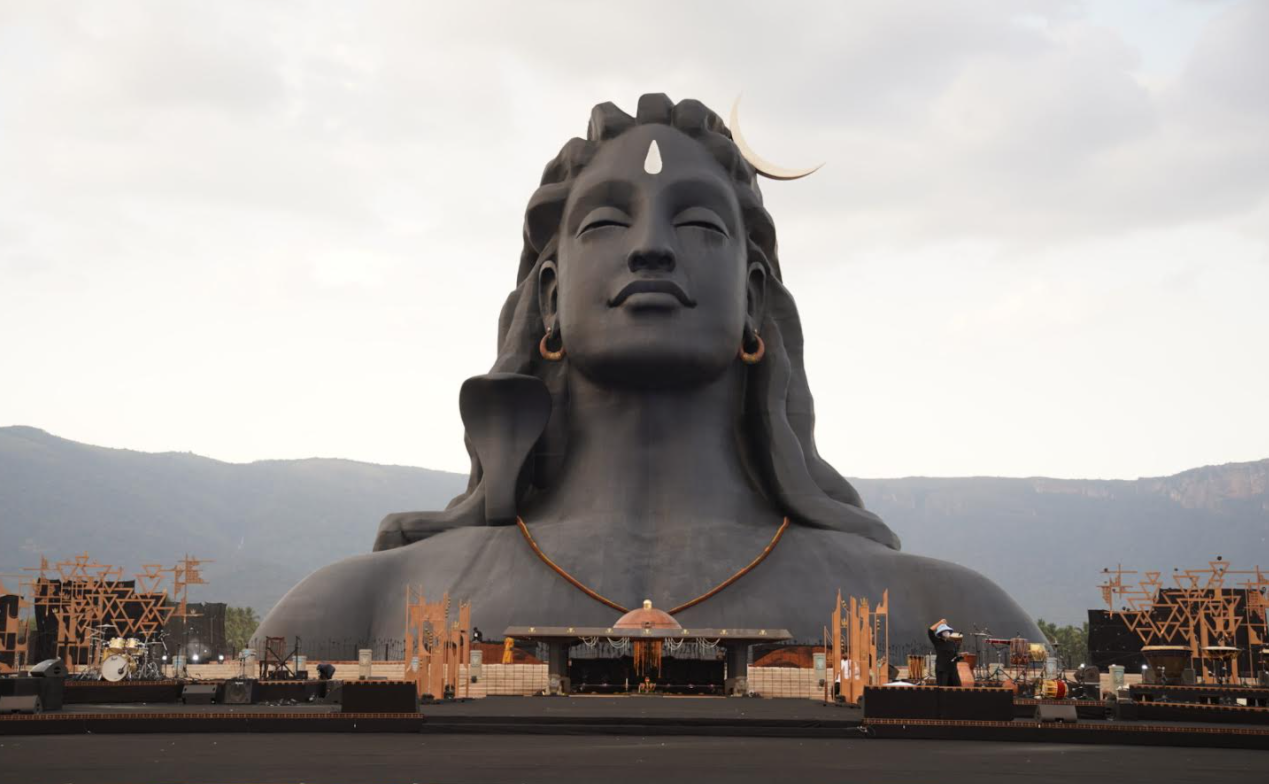Trending Now
- “If Edappadi Palaniswami permits, a thousand young members from the Virudhunagar district AIADMK are prepared to take up arms and engage in battle under my command.” – Former AIADMK Minister Rajendra Balaji
- “India is ready to deal with any counter-attack by Pakistan” – Wing Commander Vyomika Singh
- Central govt orders extension of CBI Director Praveen Sood’s tenure for another year
Coimbatore
Death penalty no solution to crimes against inter-caste marriage, say rights activists
![]() December 13, 2017
December 13, 2017
The verdict in the Shankar murder case has raised a heated debate on whether capital punishment is the only solution to those violently opposing inter-caste marriages. Human rights activists are opposed to death penalty.
According to sources, a gang attacked caste Hindu Gowsalya and her Dalit husband V Shankar with sickles in daylight near Udumalpet bus stand on March 13, 2016. Shankar died on the spot and Gowsalya managed to survive.
Tirupur Principal Court Judge Alamelu Natrajan on Tuesday announced death penalty by hanging for six of the eight accused, including Gowsalya’s father P Chinnasamy and the five-member gang involved in the murder. One of the accused was awarded life imprisonment and another five years imprisonment.
Gowsalya’s mother C Annalakshmi, maternal uncle P Pandidurai and relative V Prasanna were found not guilty.
Coimbatore Human Rights Forum chairperson VP Sarathi told The Covai Post that the United Nations has passed resolutions several times calling upon member states to abolish death penalty both in law and in practice. Therefore, death penalty is illegal and has no deterrent effect, he adds.
Awarding death penalty in a sensational case like this will not provide justice to the victim’s family. International research shows that such a penalty is not going to stop the crimes for which it has been awarded.
Instead, accused in such cases should be awarded double life imprisonment without any remission to set a living example and prevent such crimes in future.
“To create an impact on society, political parties and social organisations functioning on caste lines should come in open to declare it illegal and should encourage inter-caste and inter-religious marriages,” Sarathi says.
Madras High Court former Justice D Hariparanthaman, who was in the city on Tuesday, told mediapersons that regardless of personal views, which do not support capital punishment, `this judgment is welcome considering the specialty of the case’.
A women’s right activist here said to avoid crimes like these, punishment should be severe creating social fear. Self-discipline should be promoted among every individual to put an end to crimes related to inter-caste marriages and against women.























